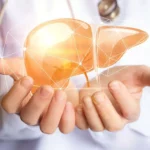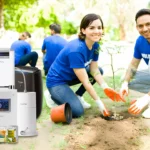We are still battling the Coronavirus pandemic – that is simply the truth. 2020 is surely over but in no way have we bid goodbye to the deadliest virus we have seen in over a hundred years. Severe Acute Respiratory Syndrome Coronavirus 2 (SARS-CoV-2) is the virus that causes COVID-19, which, as the name suggests, cause acute respiratory distress. It attacks the lungs, and the respiratory tract and the symptoms include fever, cough, fatigue, difficulty in breathing, loss of smell and taste. As of 2020, close to 90 million have been affected worldwide and just shy of 2 million have succumbed to the virus. Although a few vaccines have been developed for the same, the fight is far from over. A longer battle is the effect the Coronavirus will have on our respiratory health and long-term immunity, which is why we must have a conversation about our respiratory health.
The Threat of Long COVID
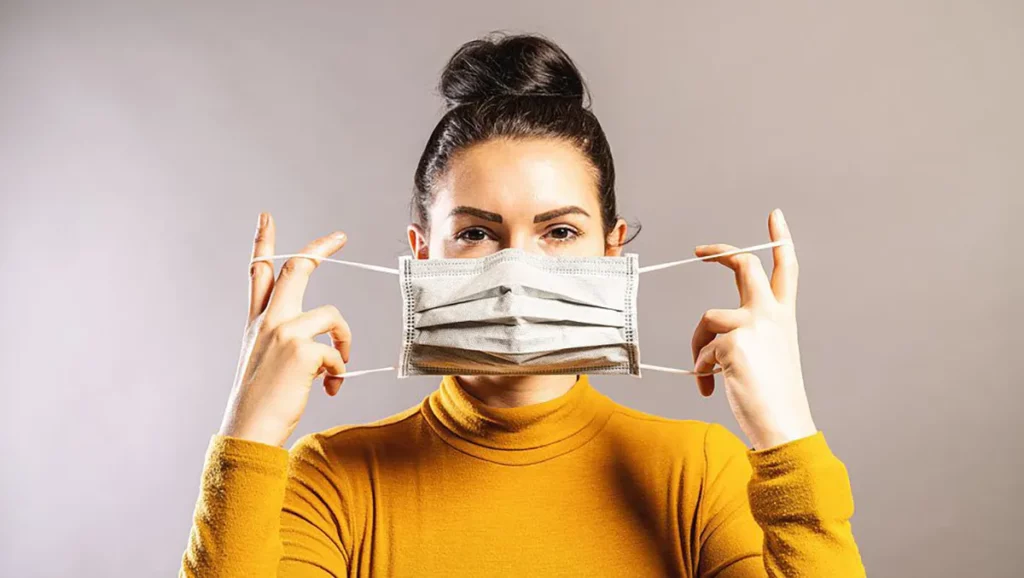
Multiple studies have shown that people infected by the SARS-CoV-2 virus face challenges for a longer period of time. Usually, the symptoms of COVID last for 2-3 weeks, but a significant part of that demographic is likely to face adverse effects for several months. The immunity of said individuals is the most affected, which applies to young and healthy people. Experts at UK’s National Institute for Health Research reckon that COVID can cause permanent damage to the lungs and the heart. Infected people have to be wary of symptoms like shortness of breath, fatigue and lack of immune response for several months after. This has been dubbed as Long COVID or Chronic COVID Syndrome (CCS).
Lung Health in Humans
Chronic Obstructive Pulmonary Disease, Asthma, Bronchitis and Lung Inflammation are commonplace throughout the world. About 250 million persons in the world suffer from asthma today, most of whom are children. This worrying statistic is the result of poor air quality, pollution and mainly smoking. According to the World Health Organisation, more than 70% of deaths due to lung cancer or respiratory diseases is because of the ill-effects of smoking. Ozone pollution is another concern that is not talked about enough. Our lifestyle can hinder the Earth’s natural processes, so the damage we cause to the Ozone layer is detrimental to our environment, and more importantly, our health. Living in cities that consistently record an alarming Air Quality Index is another leading cause of lung problems and respiratory illnesses. Overall, in today’s times, poor lung health is as common as obesity, and it will only worsen. The COVID-19 pandemic may just be a wake-up call that we need to place more importance on respiratory health awareness.
How COVID Affects Long Term Respiratory Health
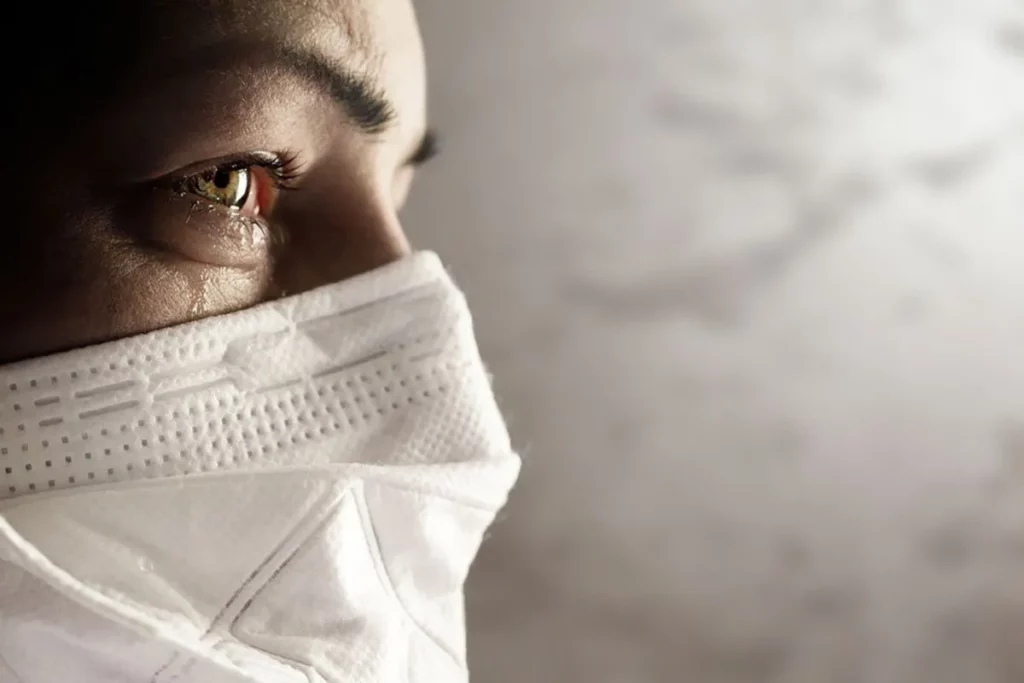
There is sufficient research to back up the claim that COVID-19 infected patients show lung impairment weeks after discharge. The European Respiratory Society conducted multiple comprehensive evaluations of patients under multiple categories. In effect, schedules were made to monitor patients 6 weeks, 12 weeks and 24 weeks after discharge to ascertain how their lungs were keeping up. They estimated that about 88% of patients showed lung damage and had at least one symptom such as breathlessness or coughing during the first visit after 6 weeks of discharge. After 12 weeks, there was a significant improvement in symptoms, and lung damage came down to 56%. It is still too early to know how much improvement can be assumed at 24 weeks. The evaluation showed positive signs and led to the conclusion that lung impairment does ameliorate over time. By the method of persistent follow-ups, the researchers understood how and why Coronavirus is so dangerous for your lungs.
The Scope of Recovery
The respiratory health of affected individuals can go back to pre-COVID levels gradually over a period of almost one year. However, strict measures need to be taken to ensure that they stay away from triggers of any sort such as air pollution, cigarette smoke, vaping, fumes and the like. Medical health professionals believe that lung damage is completely reversible, but periodic therapy and treatment are a must. Survivors of COVID will always require extra care and attention because their immune systems have changed, and any future respiratory issues can cause worry. It is always in the best interest of COVID-recovered individuals to lead a more careful life and practice restraint and employ proper optimal respiratory health measures in the long run.
The Way Forward
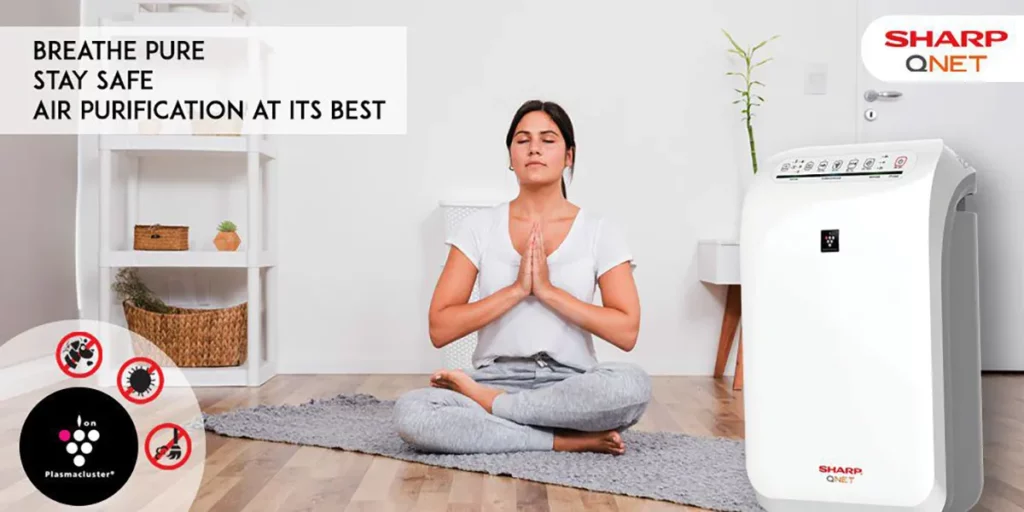
Although there are vaccines now that have been developed, the rollout will take quite a while. We need to remember that the pandemic is far from over. The deadly virus is mutating, and newer strains are being reported in many countries. We are a critical juncture, and it is imperative that we collectively get through this. Social distancing, wearing masks and maintaining good hygiene are all still extremely important. We can breathe easy once we vaccinate enough people in the world to achieve herd immunity – which is touted to be between 60% and 70%. We can employ the best preventative measures to avoid ever contracting the virus—starting from choosing a healthy diet every day and exercising to maintain an active lifestyle to investing in top quality air purifiers to cover all our bases. SHARP Corporation had recently received laurels for gaining traction in the fight against COVID by presenting the effectiveness of their patented Plasmacluster Ion Technology in their air purifiers that reduce the risk of contracting Coronavirus by more than 90%. The SHARP-QNET ZENSational Air Purifier has proven effective against diseases such as H1N1, E. Coli, and MRSA. It is also an actual deterrent against the novel Coronavirus, and that is something we should all get behind.
Life post-COVID is going to be entirely different from our past. We need to embrace the ‘new normal’ and move to fresher pastures. Once the pandemic is over, hundreds of things will change, but we should not lose focus on the one constant – our health. We owe it to ourselves and everyone around us to prioritise health, now more so than ever. Creating awareness about respiratory health issues and respiratory health is the need the hour. For us to breathe easy tomorrow, we need to get the word out today!




